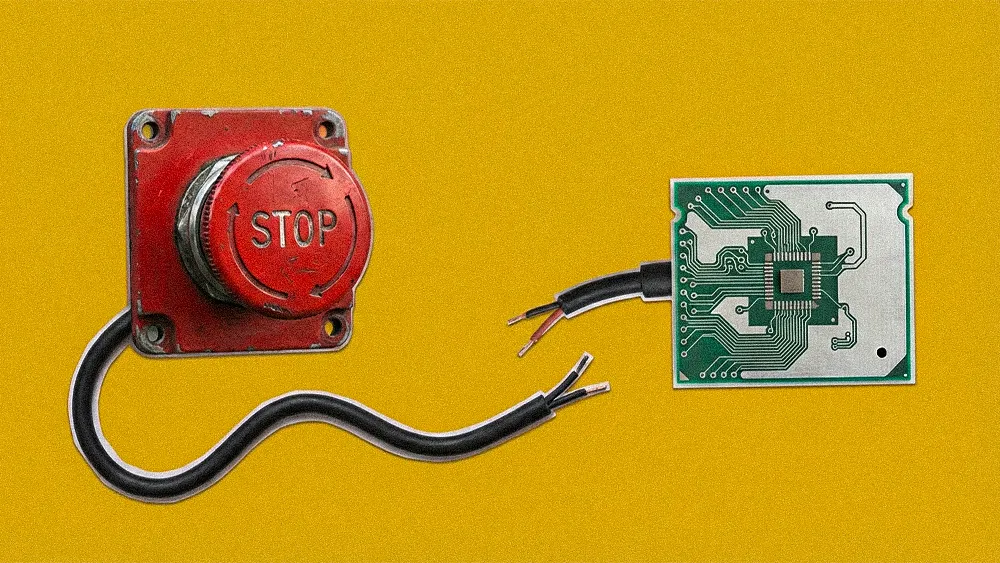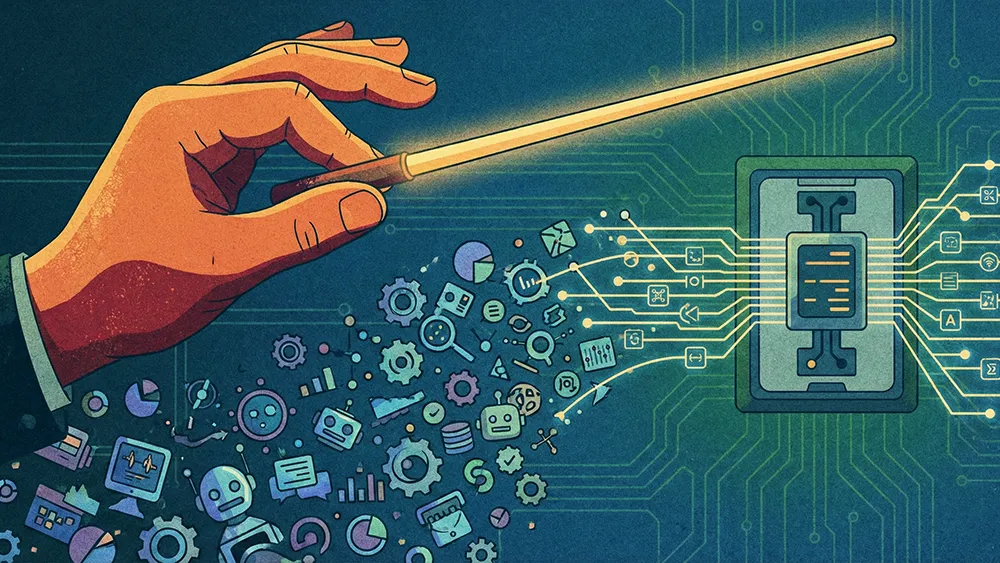The recent surge of AI adoption in healthcare is introducing an unexpected side effect: too many digital voices talking at once. While leaders struggle to align insights across dozens of vendors and models, patients are left juggling overlapping chatbots, portals, and apps that don’t share context. But more technology is not the solution, experts caution. Instead, real progress comes from AI orchestration, or making every tool work in harmony.
For a growth expert's take, we spoke with Andrea Puckett, a healthcare CX leader and Director of Platform Sales at healthcare consumer experience startup League. With roots in product management and digital strategy at heavyweights like Humana, Boston Scientific, and Mayo Clinic, Puckett has built a career turning complex systems into experiences people actually love. Now, she’s leading a shift toward AI that feels less fragmented and more like a single, trusted companion in the patient journey.
"The goal is to create an experience so intuitive that it already knows what patients need. Designing a personalized app experience in healthcare isn't just about data points. It's about understanding readiness. For patients with chronic conditions who aren’t interested in deeper engagement, you focus on the essentials, and lightly weave in suggestions for improvement. But for those who are motivated and proactive, that’s where you bring well-being and lifestyle tools to the forefront," Puckett says. It’s a design philosophy that personalizes engagement without overwhelming users, allowing AI to adapt to human readiness, rather than the other way around.
A chorus of agents: As AI systems multiply, Puckett sees a growing need for orchestration. "Health plans are building their own agents to handle certain tasks while buying others from vendors, and before long, multiple digital voices are speaking to members, sometimes giving different answers to the same question," she says.
Clear and consistent: Her answer is a single orchestrating layer that coordinates them all. "Imagine a single agent managing the entire experience. That agent might connect with the scheduling assistant to book an appointment, then coordinate with the health-coach assistant to discuss nutrition goals. The idea is to orchestrate all those moving parts so the patient hears one clear voice and receives one consistent set of directions."
But Puckett’s idea of "one clear voice" goes beyond UI integration. Instead, it requires shared data models, consistent ontologies, and interoperable agents that can exchange both context and intent. This is an orchestration layer that synchronizes outputs across specialized models such as claims, scheduling, and care management so that each operates from a single source of truth.
Physician in the loop: That seamlessness will only matter if patients and clinicians trust it, Puckett explains. "At some point, physicians will be managing an expanded team of both nurses and AI agents to help manage patient care. They still very much see themselves as being the physician in the loop, staying involved with what the AI is doing and reviewing what it's recommending."
The trust transaction: "The issue comes when organizations collect all this data and still deliver a poor experience," she continues. "If you’re going to ask for patient data, you have to use it to make their life better. That’s how you earn trust and actually make healthcare easier." It’s a simple exchange: patients share data, and organizations prove its value through visible, responsible use.
Retention by design: A connected, trusted system builds loyalty on both sides by turning better experiences into better data, Puckett says. "If your elderly parent has a great healthcare app and you can help manage their care, you’ll stay with that plan. And when digital tools help employees make smarter health decisions, they create real value for employers too."
Ultimately, Puckett sees orchestration becoming a continuous, adaptive layer of care that learns from every interaction and strengthens preventive medicine. In that future, AI extends the human touch, connecting every tool and interaction into one cohesive experience, she concludes. In that sense, unified intelligence may be the quiet revolution healthcare has been waiting for. "Healthcare doesn’t need more AI voices. It needs one trusted one, and the intelligence to make it feel like it’s really listening."









